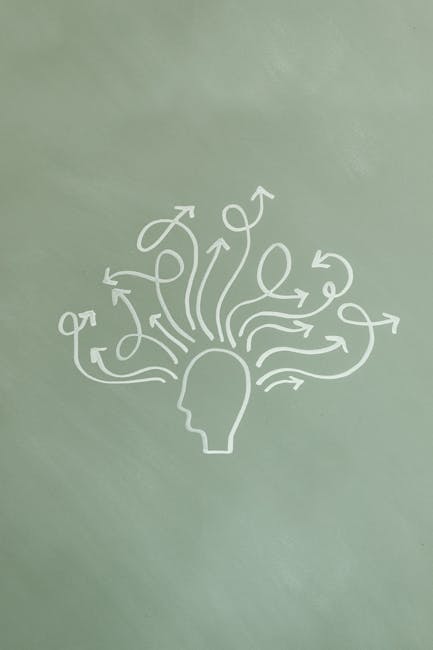In our society, addiction has long been a subject surrounded by misconceptions and negative stereotypes. Often viewed through a lens obscured by stigma, addiction is presumed to be a moral failing or a lack of willpower. However, science and research increasingly indicate that addiction profoundly intertwines with mental health, demanding a compassionate and understanding approach.
Understanding Addiction as a Mental Health Disorder
Addiction, or substance use disorder (SUD), is a complex brain disorder characterized by an overpowering desire to use alcohol or drugs despite significant harm and negative consequences. It’s crucial to understand that addiction is not merely a behavioral issue but involves the brain’s reward circuit, affecting its structure and functionality over time.
The Science Behind Addiction
The brain processes of individuals with addiction differ markedly from those without. The substances abused often flood the brain with dopamine, a neurotransmitter linked to pleasure and reward. Over time, chronic substance use alters these pathways, necessitating increased amounts of a substance to achieve the same effect, leading to dependency. Recognizing these chemical changes transforms our perception of addiction from choice-based behavior to a neurological condition warranting medical intervention.
The Importance of Addiction Awareness
Addiction awareness is crucial in understanding the intricacies of this disorder. A poignant realization is that addiction does not discriminate—it can affect anyone irrespective of age, gender, background, or socioeconomic status. Recognizing this universality can dismantle the “not me” stigma that often isolates those affected.
Education and Empathy
Promoting addiction education is essential in cultivating empathy and facilitating meaningful conversations about this disorder. Through education, individuals can better comprehend various contributing factors to addiction, including genetics, environment, and mental health history.
Overcoming Addiction Stigma
The stigma enveloping addiction often acts as a significant barrier to seeking treatment. Misrepresentations and myths lead to shame, fear, and reluctance in acknowledging one’s struggles. This stigma is not just societal but is often self-imposed, exacerbating isolation and despair.
Strategies to Combat Stigma
- Empower Through Language:
Use person-first language, referring to “a person with a substance use disorder” rather than “an addict.” Such terminology emphasizes the individual over the condition. - Share Stories:
Personal accounts of recovery can humanize addiction, allowing narratives of resilience and triumph to take center stage. - Challenge Misconceptions:
Actively educate others on the realities of addiction. Correct misinformation when encountered and advocate for stigma-free conversations.
The Role of Support Systems and Recovery
Effective support systems are pivotal during the recovery process. Engaging family, friends, mental health professionals, and peers in recovery can offer essential encouragement and guidance.
Emphasizing Mental Health Support
Recognizing addiction as a mental health disorder ensures parallel treatment of substance dependency along with co-occurring mental health conditions. This integrated approach maximizes outcomes, allowing for a holistic recovery journey.
- Support Groups:
Programs like Alcoholics Anonymous or Narcotics Anonymous provide mutual support, fostering community and offering platforms for sharing experiences and strategies. - Therapies and Counseling:
Cognitive-behavioral therapy (CBT) and other therapeutic modalities play a critical role in reshaping thought patterns and coping mechanisms.
Moving Forward
Breaking addiction’s stigma equates to understanding addiction’s reality as a mental health disorder. Society’s transformation from judgment to empathy paves the way for more willing acceptance and support.
Promoting Addiction Recovery
When we begin to view addiction through the lens of a mental health disorder, we champion recovery, health, and hope. Each step towards rescuing and rehabilitating lives bolsters a future free from stigma, where understanding addiction aligns with compassion and comprehensive care.
Conclusion
Achieving a stigma-free perspective towards addiction is a collective responsibility with an individual impact. By embracing a more informed understanding, we empower those affected, nurture societal progress, and illuminate pathways toward recovery and healing. Together, we can reshape perceptions and forge a future that values health, compassion, and understanding, leaving no one behind in the shadows of stigma.



